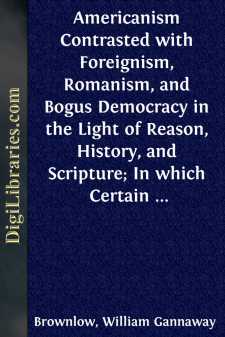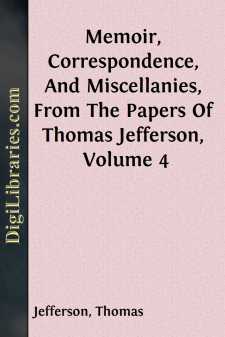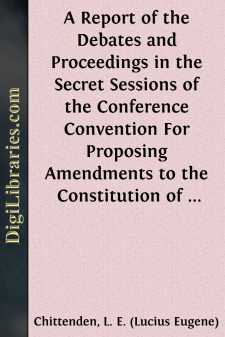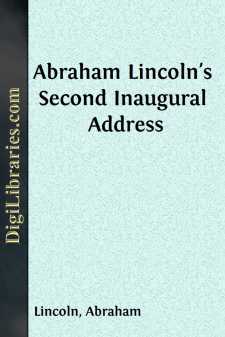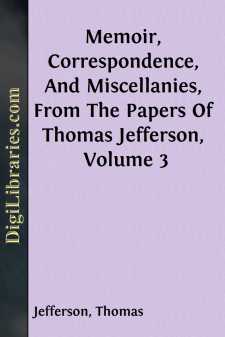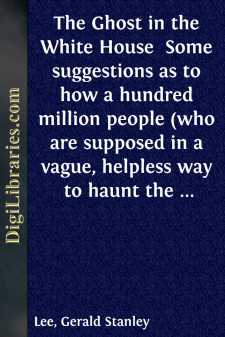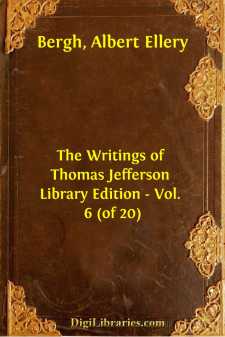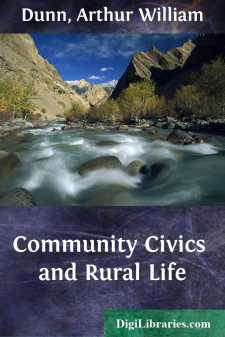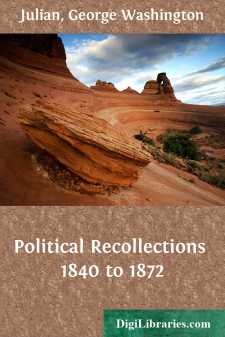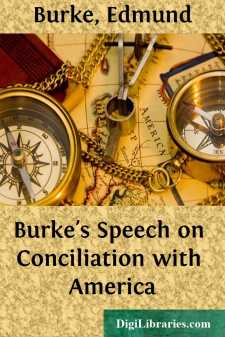Political Science
Political Science Books
Sort by:
PREFACE. For the last twenty-five years, the writer of this work has employed much of his time in the reading and study of the controversy between Roman Catholics and Protestants. And those who have been subscribers to the paper he has edited and published for the last seventeen years, will bear him witness that he has kept up a fierce and unceasing fire against that dangerous and immoral Corporation,...
more...
by:
Thomas Jefferson
LETTER I.—TO LEVI LINCOLN, August 30, 1803TO LEVI LINCOLN.Monticello, August 30, 1803. Deak. Sir, The enclosed letter came to hand by yesterday's post. You will be sensible of the circumstances which make it improper that I should hazard a formal answer, as well as of the desire its friendly aspect naturally excites, that those concerned in it should understand that the spirit they express is...
more...
INTRODUCTION. If I had been guided by my judgment alone it is not probable that these notes of the debates in the Conference, held upon the invitation of Virginia, at Washington, in the month of February, 1861, would have been made public. From the commencement of its sessions, a portion of the members were in favor of the daily publication of the proceedings. I was disposed to go farther and have the...
more...
by:
Abraham Lincoln
Lincoln’s Second Inaugural Address March 4, 1865 Fellow countrymen: At this second appearing to take the oath of the presidential office, there is less occasion for an extended address than there was at the first. Then a statement, somewhat in detail, of a course to be pursued, seemed fitting and proper. Now, at the expiration of four years, during which public declarations have been constantly...
more...
by:
Thomas Jefferson
LETTER I.—TO JOHN JAY, July 19, 1789TO JOHN JAY.Paris, July 19, 1789. Dear Sir, I am become very uneasy, lest you should have adopted some channel for the conveyance of your letters to me, which is unfaithful. I have none from you of later date than November the 25th, 1788, and of consequence, no acknowledgment of the receipt of any of mine, since that of August the 11th, 1788. Since that period, I...
more...
GIST The Crowd is my Hero. The Hero of this book is a hundred million people. I have come to have the feeling—especially in regard to political conventions, that it might not be amiss to put forward some suggestions just now as to how a hundred million people can strike—make themselves more substantial, more important in this country, so that we shall really have in this country in time a hundred...
more...
JEFFERSON AS A TACTICIAN The word "tactician" is usually applied to military movements, but it has a broader meaning than this; it embodies the idea of a peculiar skill or faculty—a nice perception or discernment which is characterized by adroit planning or management, artfully directed in politics or diplomacy in government. "Of all creatures the sense of tact is most exquisite in...
more...
This book, like the author's earlier one, The Community and the Citizen, is a "community civics" text. Two purposes led to the preparation of this second volume. The first was to produce a text that would meet the needs of pupils and teachers who live outside of the environment of the large city. Training for citizenship in a democracy is a fundamentally identical process in all...
more...
Through the influence of early associations, I began my political life as a Whig, casting my first presidential ballot for General Harrison, in 1840. I knew next to nothing of our party politics; but in the matter of attending mass-meetings, singing Whig songs and drinking hard cider, I played a considerable part in the memorable campaign of that year. So far as ideas entered into my support of the...
more...
by:
Edmund Burke
POLITICAL SITUATION In 1651 originated the policy which caused the American Revolution. That policy was one of taxation, indirect, it is true, but none the less taxation. The first Navigation Act required that colonial exports should be shipped to England in American or English vessels. This was followed by a long series of acts, regulating and restricting the American trade. Colonists were not allowed...
more...


